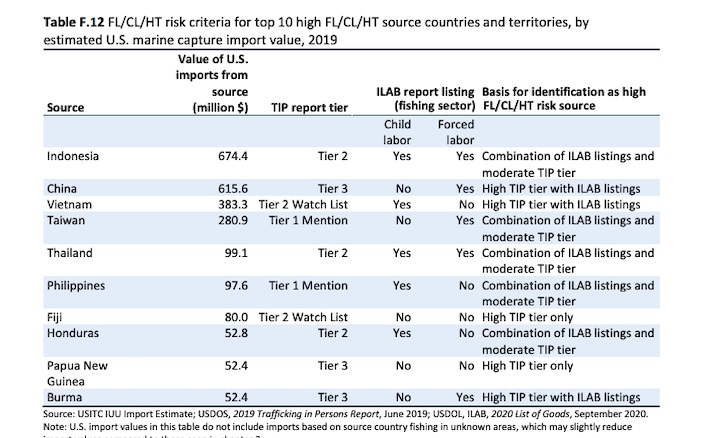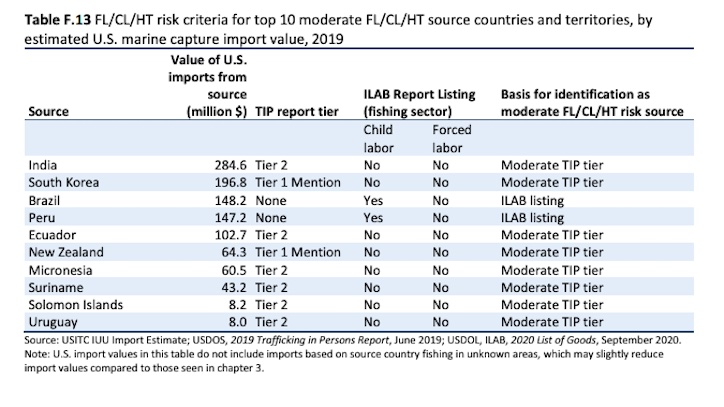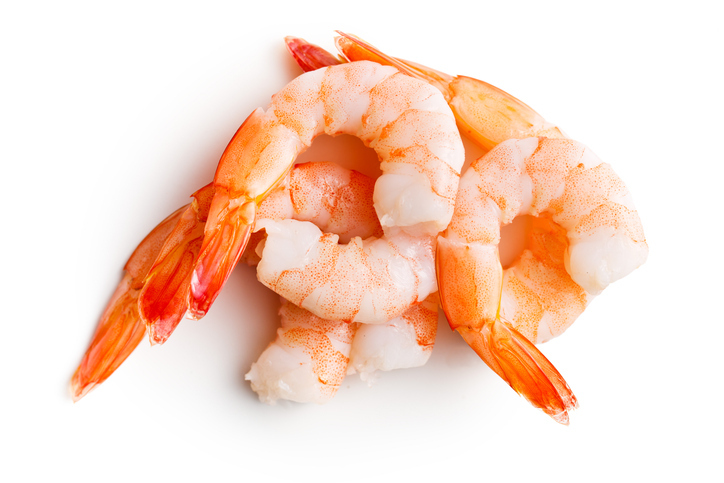If you got a Salmonella infection from imported shrimp, you can file a lawsuit if there is evidence linking your illness to the product. Our experienced team of Salmonella lawyers offers free consultations to help you determine if you have a claim.
Salmonella don’t live in the intestinal tracts of fish, crustaceans, or mollusks. So, when seafood is contaminated with Salmonella it is due to human or animal fecal contamination of the water environment where they were grown or contact with human or animal feces during processing.
Contact the Pritzker Hageman Salmonella Lawyers Today
Phone: 888-377-8900 | Text: 612-261-0856
Contact our Salmonella Food Safety Lawyers Online
Salmonella, Illegal Antibiotics in Imported Shrimp
Shrimp is one of the most popular seafood items in the U.S. About 10 percent of the shrimp Americans consume is harvested in the U.S. Most of that, about 75 percent, comes from the Gulf of Mexico. But the bulk of the shrimp Americans eat comes from other countries. In 2020, most shrimp imports to the U.S. came from South America, Southeast Asia, Mexico, and India, according to NOAA. Unfortunately, labor abuse, illegal fishing, and disregard for food safety measures are common in some of these areas.
In 2015, Consumer Reports did a study on shrimp purchased from grocery stores and that some were tainted with Salmonella or other bacteria and others were laced with antibiotics, which are illegal in shrimp farming. The consumer watchdog called on Congress to increase funding for the U.S. Food and Drug Administration (FDA) so the agency could inspect and test more imported shrimp and keep tainted products out of the food supply. (To find sustainable sources of shrimp, click here )
Also in 2015, an Associated Press report revealed that migrant workers and children in Thailand were forced to work in shrimp-peeling sheds up to 16 hours a day for little or no pay in horrible conditions. The report called Seafood from Slaves freed 2,000 workers from slavery and won a Pulitzer Prize in 2016. Despite this groundbreaking work, imported seafood is still plagued with labor abuse.
A 2019 investigation requested by the U.S. House Committee on Ways and Means entitled Seafood Obtained via Illegal, Unreported, and Unregulated Fishing: U.S. Imports and Economic Impact on U.S. Commercial Fisheries, ranks countries by their forced labor, child labor, and human trafficking risk.


Researchers found that labor violations were closely associated with illegal, unreported, and unregulated fishing. About 11 percent of total U.S. seafood imports were derived from illegal, unreported, and unregulated fishing, according to the report.
When to File a Salmonella Lawsuit
If you developed a Salmonella infection from shrimp you purchased at a restaurant or grocery store you may want to file a lawsuit. The experienced Salmonella lawyers at Pritzker Hageman can help you get compensation for lost wages, medical bills, and other expenses associated with your illness. Filing a lawsuit will also give you access to information from the health department and companies that you couldn’t otherwise get and it will help to hold food companies, restaurants and grocery stores accountable for selling unsafe food.
Our law firm is one of only a few in the country with the experience and resources to successfully pursue these complicated cases. The Salmonella lawyers at our law firm have won millions in lawsuits against restaurants and food companies, including $6.5 million landmark settlement on behalf of a child who suffered permanent brain damage and $4.5 million on behalf a man who got meningitis and almost died.
For a free consultation with the Pritzker Hageman Salmonella Legal Team, please call 1-888-377-8900, send a text to 612-261-0856, or by complete the form below. There is no obligation and we don’t get paid unless we win.

Imported Shrimp Salmonella Outbreaks
2021 Cooked Shrimp Salmonella Weltevreden Outbreak
In June of 2021, the FDA identified cooked shrimp as the likely source of a Salmonella Weltevreden outbreak that had sickened six people. The agency did not request a recall because it believed the product was no longer on the market by the time the illnesses were confirmed.
Salmonella Weltevreden is not a common strain in the U.S. Between 2006 and 2015, fewer than 100 cases of Salmonella Weltevreden were reported annually. But it is an emerging cause of illnesses in tropical regions, according to a recent study. In addition to shrimp, other Salmonella Weltevreden outbreaks in the U.S. have been linked to cashew cheese, fish, seafood, sprouts, and kratom. Most of the foods associated with those outbreaks were imported
2016 Maricopa County, AZ Outbreak
In July and August of 2016, 50 people who ate imported shrimp and other seafood at restaurants in Maricopa County, AZ, developed Salmonella Javiana infections. The Salmonella lawyers at Pritzker Hageman, filed a Salmonella lawsuit on behalf of a woman who spent five days in the hospital after she ate tilapia, shrimp, and crab cakes at a Pappadeaux’s Seafood Kitchen in Phoenix.
Imported Shrimp Salmonella Recalls
In August 2020, Kader Imports of Mumbai, India issued a Salmonella shrimp recall for frozen cooked, peeled, and deveined shrimp sold under a variety of brand names including Aqua Star Reserve, CenSea, Fresh Market, Kirkland, Tops, Unistar, and Wellsley Farms. The recalled shrimp, packaged in 1lb, 1.5lb., and 2lb. retail bags was sold nationwide at stores including Fresh Market, Costco, Tops, and BJ’s.
In September 2016, CenSea Inc, of Northbrook, IL issued a black tiger shrimp Salmonella recall. The recalled shrimp, imported from Viet Nam, were distributed to wholesale, retail, and restaurant locations in NY, NJ, MA, RI, CT, VA, KY, IL, and TX.
In July 2013, Lipari Foods of Michigan issued a peeled shrimp Salmonella recall. The frozen, tail-on shrimp from Indonesia were distributed to manufacturers and retailers in Ohio, Michigan, Minnesota, West Virginia, Kentucky, Pennsylvania, Illinois, and Indiana.